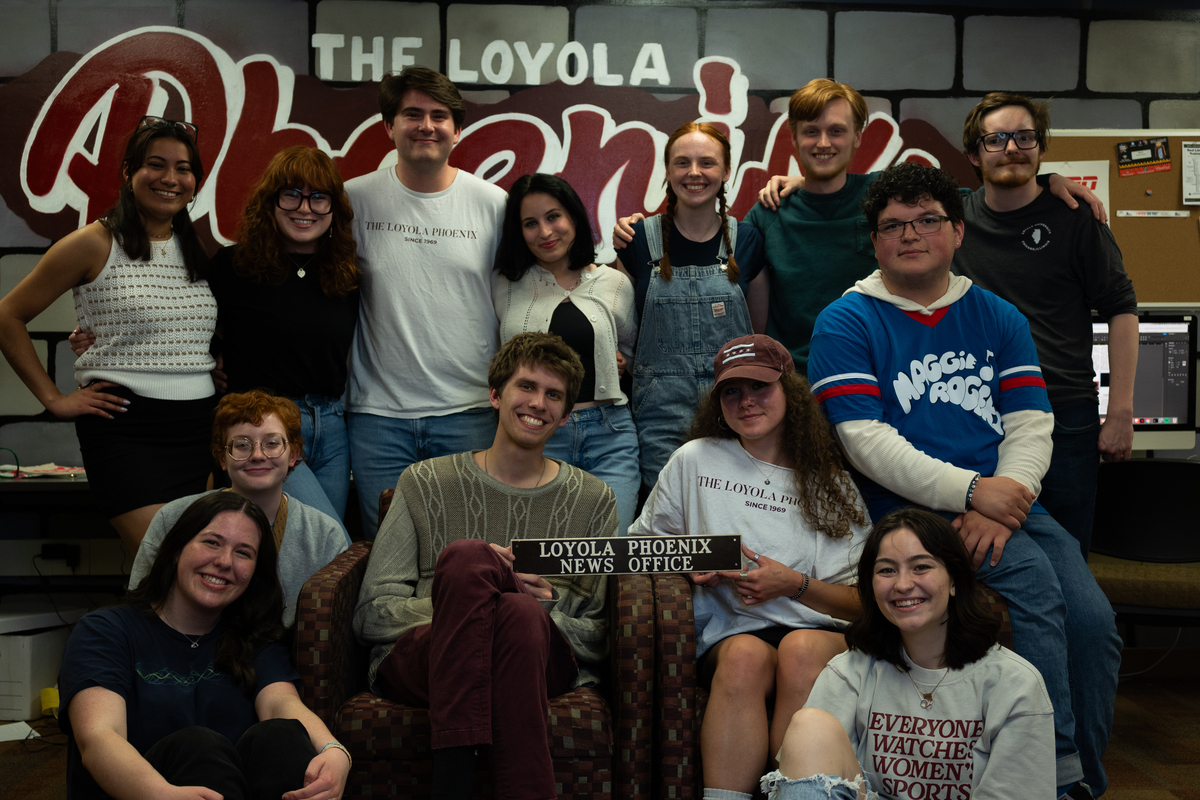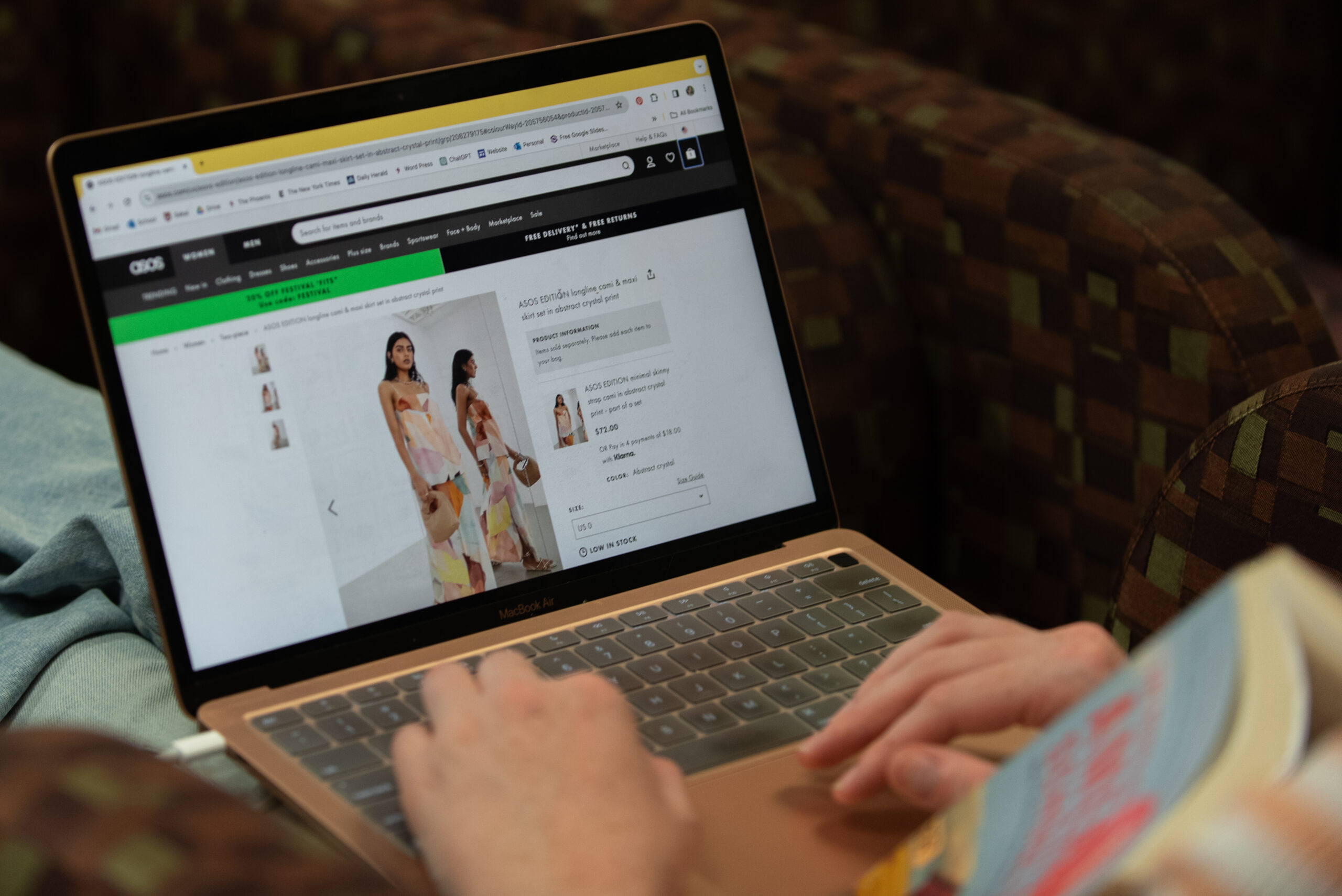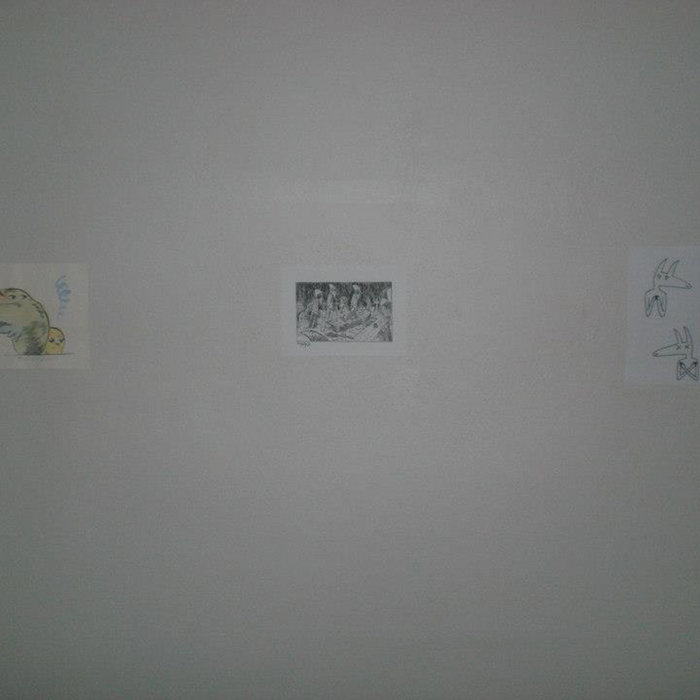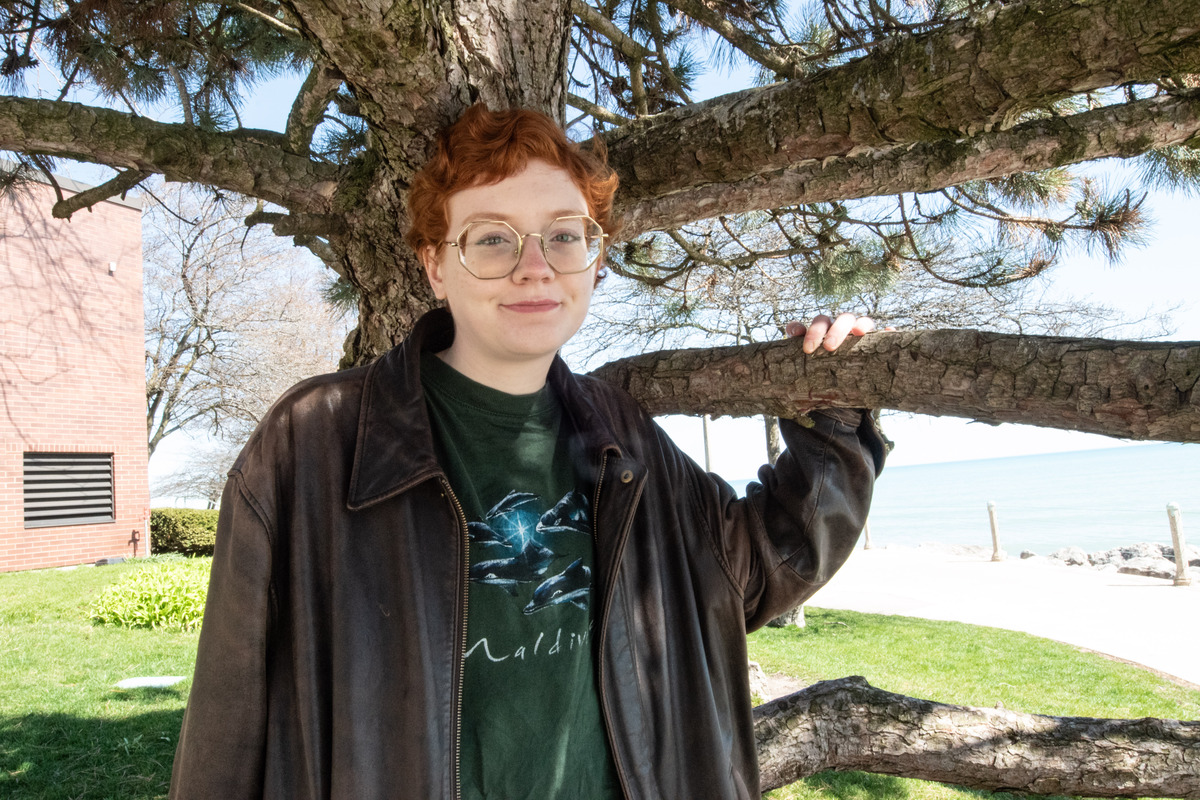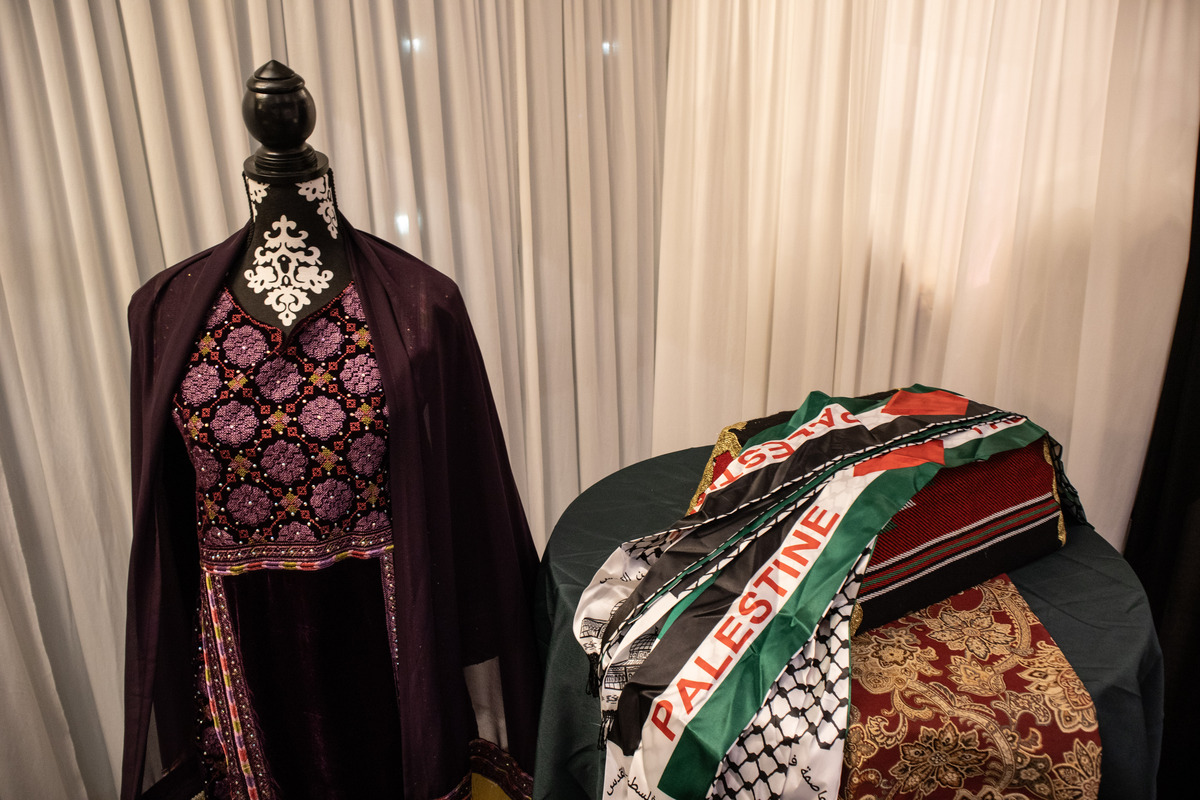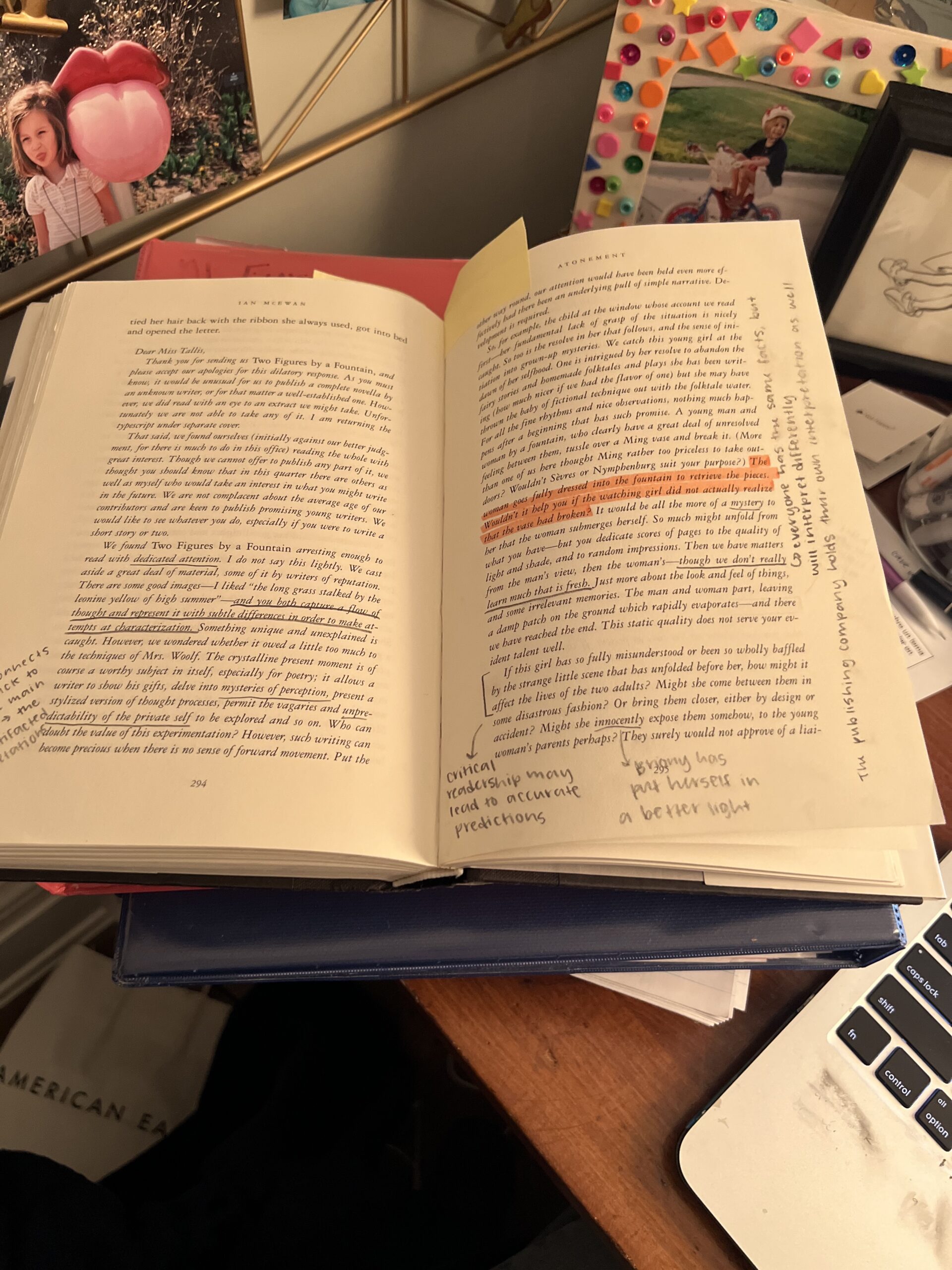Dr. Zoe Smith, an assistant professor of psychology, was awarded a $250,000 grant to address mental health concerns among marginalized Chicago teens.
Loyola Psychology Professor Awarded Grant for Mental Health Outreach
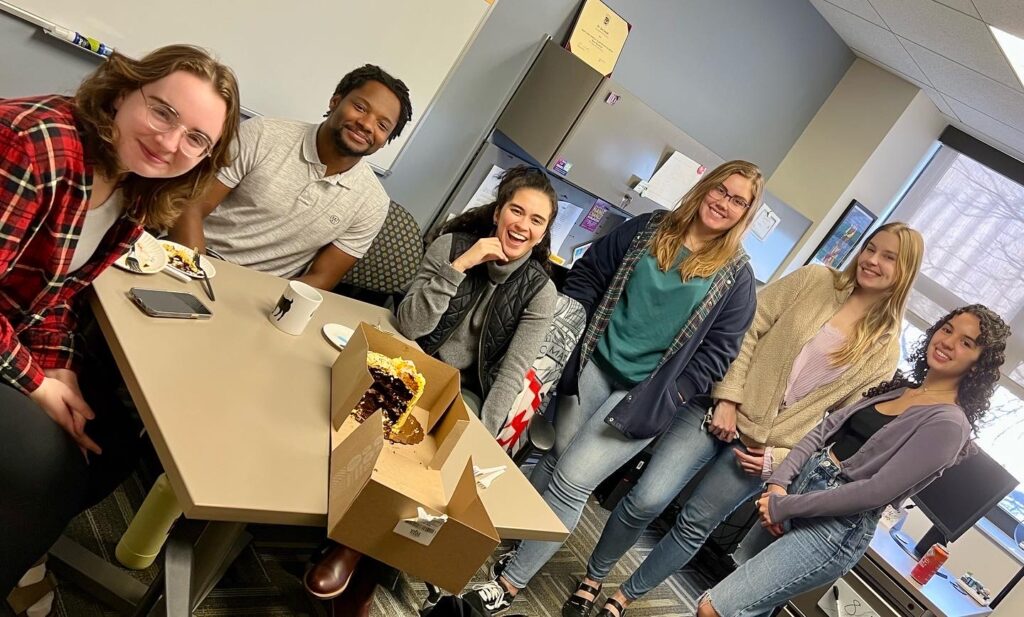
Disclaimer: The reporter and professor mentioned in this article are not the same individual
Dr. Zoe Smith, an assistant professor in the psychology department at Loyola and a licensed clinical child adolescent psychologist, received a two-year grant for $250,000 from the Robert Wood Johnson Foundation’s Health Equity Scholars for Action Program, which works towards health equity for all.
Smith said she was very excited and shocked as when she first learned of receiving the grant.
“I was a first-year faculty member, and I just had never done something like it before,” Smith said. “I was excited but also in complete disbelief. I was going to do this work anyway, and The Robert Wood Johnson Foundation with this grant has allowed me to focus a lot more time on this research.”
After receiving the grant in December 2021, it has gone towards her work in the project called Culturally Responsive Assessments for Teens (Project CRAFT). Project CRAFT is for Black and Latina/e/o teens suspected of having attention-deficit/hyperactivity disorder (ADHD), according to Smith.
“A lot of the teens that we’re going to be working with have not had a diagnosis of ADHD before,” Smith said. “So you can have a diagnosis [to participate], but you don’t have to.”
Smith said the first step in the process is to conduct a clinical interview with the teen as well as their parent asking about common mental health diagnoses in adolescents. Academic achievement testing and a brief IQ scale are also done in the first assessment, according to Smith.
“We compile all of that information into an integrated report and try to make it as succinct as possible so schools, parents and teens can actually understand what’s going on,” Smith said.
The first meeting is followed by a feedback session where Smith and her team provide the families with further information and their recommendations.
“Almost all of the families we’ve worked with so far, this is a first time diagnosis of ADHD, which is unfortunately not unusual in the Black and/or Latina/e/o communities,” Smith said.
Smith cites racism in the school system and individual errors as possibilities for why teens don’t have correct diagnoses.
Follow ups are done every month with the families to check in, have conversations and give surveys. Smith said she and her team are currently working with five families in the Chicagoland area and aim to serve as many families as possible.
Peter Schraeder, dean of the college of arts and sciences, was part of the review team that reviewed the grant Smith received.
“Zoe is the exact type of assistant professor you would hope for, does outstanding teaching, is involved in the pursuit of external grants, and is involved in all sorts of things on campus,” Schraeder said. “She’s a superstar in the department of psychology!”
Smith said in order to reach out and connect with more families, she and her team try to earn back the trust communities might have lost from past researchers. She said oftentimes when researchers’ funding for the work ends, they end up abandoning their projects altogether.
“We are not going to take away this service when the grant funding ends, because often when the grant ends, the intervention ends,” Smith said.
Smith does this by meeting with about 200 community and youth organizers, schools, mental health counselors, pediatricians and principals in the Chicagoland area. She and her team also go to many events and host workshops on areas such as executive functioning mindfulness intervention so they can become familiar faces.
Smith also cited social media as playing a significant role in spreading information about the project and a helpful tool for reaching a greater number of people.
More of her work can be seen on the ACCTION (Advancing Community-Centered Interventions) Lab website, Twitter, Instagram, TikTok and Facebook. ACCTION Lab works on assessing and intervening with teens with ADHD and cognitive disengagement syndrome.
“We work really hard to provide information on mental health so as not to just be recruiting but also to provide resources for families and people,” Smith said.
Essie Humbertson, a senior psychology major, has been working with Smith since her junior year. Humberston said she was excited to begin working with Smith on Project CRAFT.
“Working with Zoe has made me realize that I am not doing my job as a psychologist if I do not work to make a change within the way we diagnose mental illness and disorders,” Humbertson said. “She is committed to making a positive change in the lives of struggling teens and in the field of psychology in general.”
Smith said she has received a positive response from colleagues after presenting her most recent findings at a conference put on by the Association for Behavioral and Cognitive Therapy.
Smith said she’s gotten a positive response from the medical community, however, directly impacting families in the Chicagoland community is more rewarding. People are able to get the accommodations and health care they need, since they will have the correct diagnosis.
Smith stressed the importance of the work being done in addressing mental health needs that otherwise would not be met in the community.
“When you get the support that you need in this society that does not value neurodiversity, like people with ADHD, then it can be really life changing,” Smith said.
Smith’s team is currently recruiting research assistants for the fall 2023 semester. She said particularly first and second year students are encouraged to check out their website if interested.
Featured image courtesy of Dr. Zoe Smith



